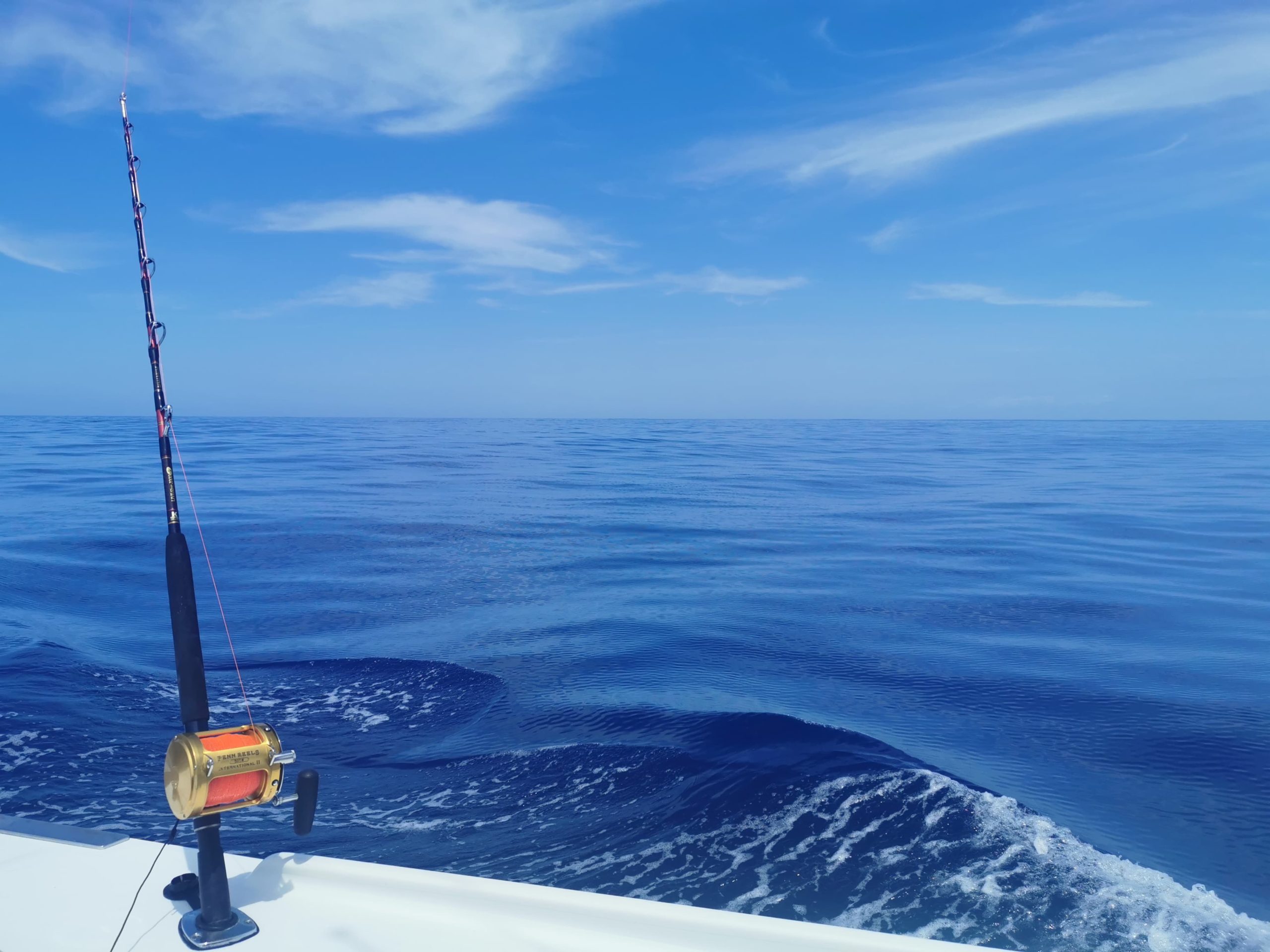QMS FAQs
All FAQs |
Customary Fisheries | Fisheries Management | maximum sustainable yield | QMS | Economics | Fishing | Rescue Fish | Environment | Fishing methods | Recreational Fishing | Fishcare | customary | Kahawai | Reform scam | Baitfish
November 2, 2020
Fisheries New Zealand pays for stock assessment research and may collect levies from quota owners as part payment, depending on the stock. Quota owners sometimes pay for research if they consider there is development potential in a particular fishery
November 2, 2020
The Quota Management System is the framework that determines how our fish stocks are managed. The system is set up so that quota holders have a major influence on where the research funding is spent. This means that research funding is targeted towards fish stocks that may deliver greater catch limits, not necessarily the fish ... Read more.
November 2, 2020
When setting total catch limits for a particular fishery, the Minister of Fisheries sets aside a tonnage of fish to allow for the mortality caused by all fishing. This could be fish killed by trawling and other methods, fish that drop out of nets and unseen mortality, fish that die after fishing has occurred. This ... Read more.
May 29, 2020
Independent analysis by the NZ Institute of Economic Research shows that on the information available Māori own around 40% of quota shares (by volume) but only 10.7% of the total quota share value. This is a conservative estimate of iwi ownership and value because not all the relevant details are available; that is understandable given ... Read more.
May 22, 2020
It is convenient for the Government to believe that the Quota Management System is the best way of managing fisheries. Also, because the quota owners have formed a powerful lobby that stridently protects its monopoly market position. This lobby has its own scientists and experts who maintain that the QMS cannot be dismantled because the ... Read more.
May 22, 2020
Because 78% of quota shares are now owned by 10 entities.The resource rentals that initially applied to commercial catches were abolished in 1994. Those rentals were a tax that provided a return to the Government in recognition that a national, natural resource was being exploited for private profits. Quota holders now pay levies, which only ... Read more.
May 22, 2020
The Quota Management System (QMS) is the system for regulating commercial fishing in New Zealand. The Minister of Fisheries decides the annual catch limits for each area and species. Investors buy quota, giving the owner a perpetual right to fish in a particular area, for a specific species. Quota can be fished by the owner, ... Read more.
May 22, 2020
A resource rental is a tax applied to the commercial use of natural resources. When the Quota Management System was introduced in 1986 quota holders were required to pay a resource rental on their annual catch of fish. The tax was terminated in 1994 and replaced with a user pays, levy based system. Over time ... Read more.
May 22, 2020
Under the Quota Management System quota is a share in a fish stock. In every fish stock there are 100 million shares. Investors buy and sell these shares. Every year quota owners receive ACE, Annual Catch Entitlement for each quota share they hold. This is an entitlement to catch a specific amount of fish, in ... Read more.
May 22, 2020
The Quota Management System was introduced to address fish depletion and overcapacity in the commercial sector, that is, too many people chasing too few fish. Some fish stocks were estimated to have been depleted to less than 10% of their natural stock size. The QMS was promoted as a means to rebuild depleted fish stocks, ... Read more.
